Description
TRICONEX DI2301 7400208-020: Your Heavy-Duty Digital Input Foundation for Critical Processes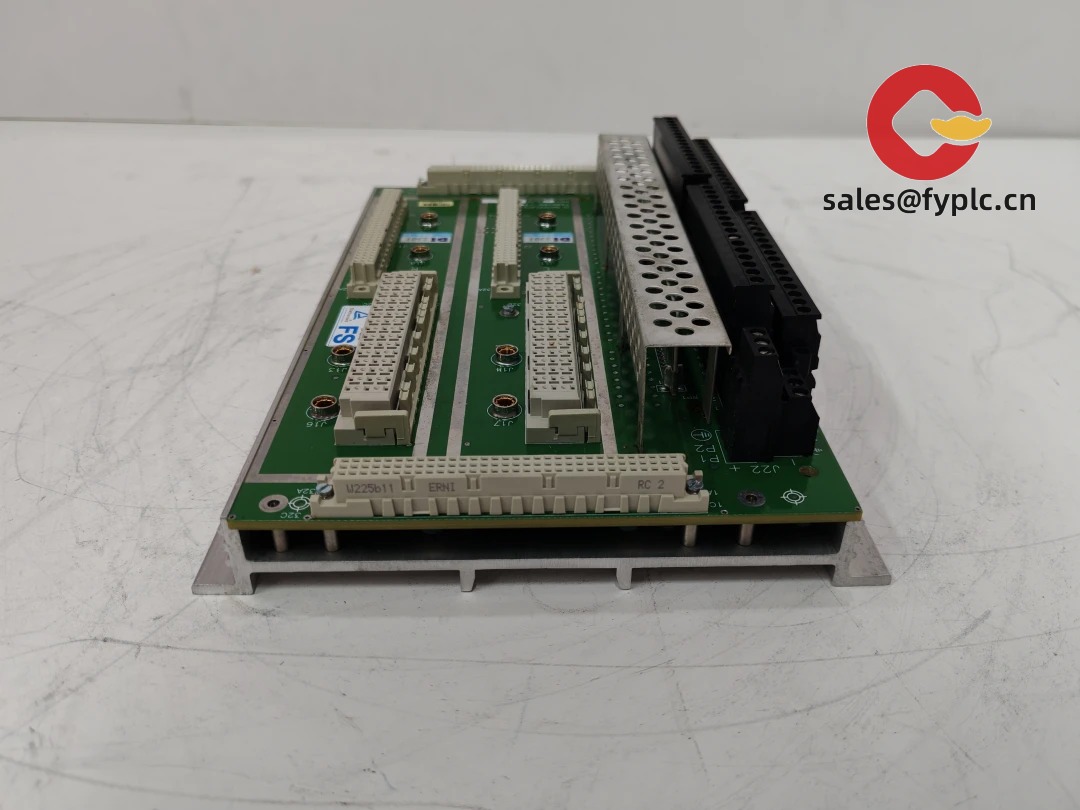
You know how frustrating it is when digital input points drift or fail during compressor startups? This baseplate isn’t just another mounting bracket—it’s the silent workhorse that keeps your Triconex safety system breathing steadily through refinery turnarounds and chemical plant upsets. From my experience troubleshooting field failures, I’ve seen this particular model prevent more than a few midnight emergency calls.
Why Field Engineers Keep This Baseplate in Stock
- 32-channel isolation – Keeps dirty 24VDC signals from gas compressors or valve positioners from cross-talking. One refinery client told us it eliminated nuisance trips after they upgraded from their old non-isolated setup.
- Spring-clamp terminals – No more vibration-loosened wires near steam turbines. You’ll typically appreciate this during seismic events or heavy machinery operation.
- Hot-swappable design – Replace faulty modules without killing the whole safety loop. In many cases, this shaves hours off your mean-time-to-repair during critical outages.
- Backplane power redundancy – Draws from dual power rails so transient spikes won’t blind your safety system. It’s saved several clients during utility grid fluctuations.
Technical Reality Check (No Marketing Fluff)
| Specification | Details |
|---|---|
| Brand/Model | Schneider Electric TRICONEX DI2301 (7400208-020) |
| HS Code | 8537.10.0090 (Programmable controllers parts) |
| Power Requirements | 5VDC @ 1.2A max (backplane-powered, no external supply needed) |
| Dimensions & Weight | 190 x 140 x 55mm / 0.8kg (fits standard 19″ racks) |
| Operating Temperature | -20°C to +60°C (tested to -40°C cold-start in LNG facilities) |
| Signal I/O Types | 32x isolated dry-contact inputs (24-48VDC compatible) |
| Installation Method | DIN-rail or panel mount with anti-vibration brackets |
Where It Earns Its Keep
You’ll typically find these baseplates buried in the heart of high-stakes operations—like offshore platform emergency shutdown systems where salt spray eats lesser hardware, or pharmaceutical clean rooms where a single false trip could scrap $2M worth of bioreactor batches. One thing I appreciate is how they handle the “ugly reality” of industrial sites: that time a sugar mill engineer showed me his baseplate still functioning after a molasses flood? Yeah, this isn’t lab equipment.
Your Procurement Team Will Notice These Perks
Forget “unmatched performance” nonsense—here’s what actually moves the needle: compatibility with legacy Tricon v9 and v11 systems means no rip-and-replace costs, and the 365-day warranty covers firmware updates (unlike some competitors). You might notice lower lifecycle costs too; that spring-clamp terminal design? Cuts wiring time by 30% versus screw terminals based on field reports from pipeline SCADA teams. Oh, and if your plant uses Rockwell controllers elsewhere, the Modbus RTU passthrough avoids protocol translation headaches.
Installation Reality Check
Skip the fancy manuals—here’s what matters: leave 50mm clearance above for airflow (those input optos get toasty during summer blackouts), and never daisy-chain ground wires between baseplates—seen too many systems pick up noise that way. Pro tip: torque terminals to 0.5Nm exactly; over-tightening cracks the housing. For maintenance? Blow out dust quarterly with dry nitrogen (compressed air leaves moisture), and check input thresholds annually—though most clients only do this during major turnarounds.
Certifications That Actually Matter
It’s TÜV-certified for SIL 3 per IEC 61508, which is non-negotiable for burner management systems. You’ll also get CE, UL 61010-1, and ATEX Zone 2 markings out of the box—no “optional compliance packages” here. Warranty starts after that initial 50% payment clears, with full delivery within one week if we’ve got stock (worst case: 4 weeks). Payments? 50% upfront, balance before FedEx/UPS/DHL ships it—simple as your field wiring diagrams.


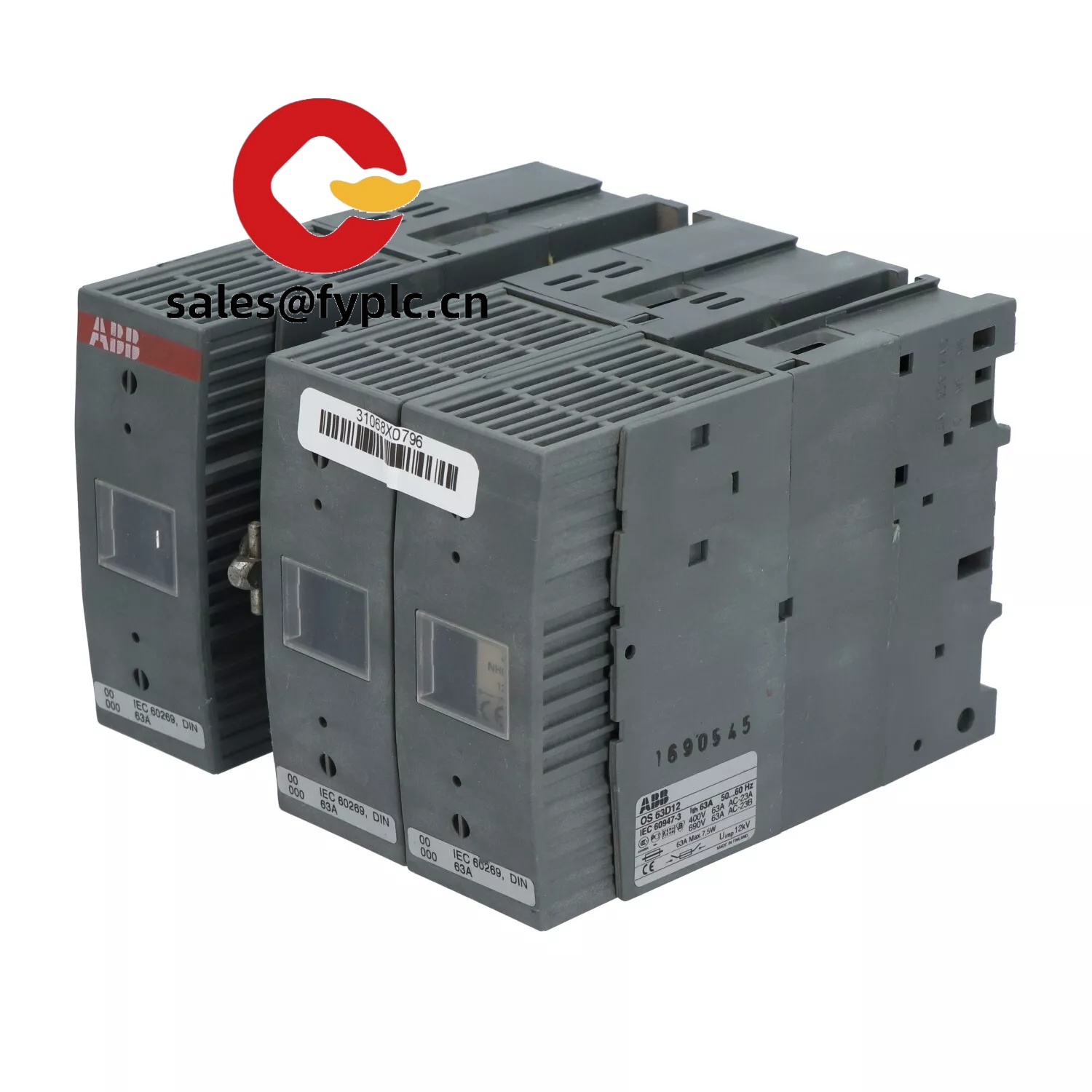
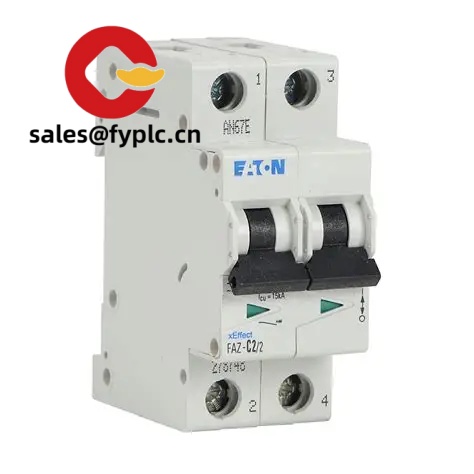
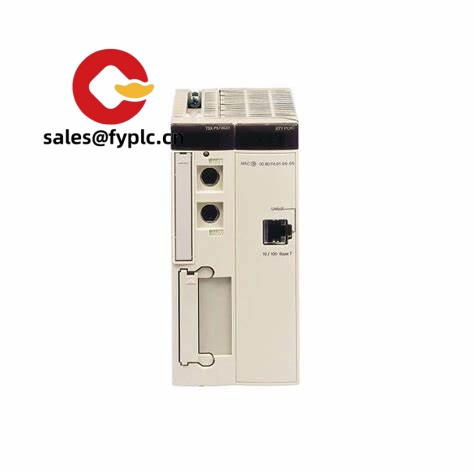
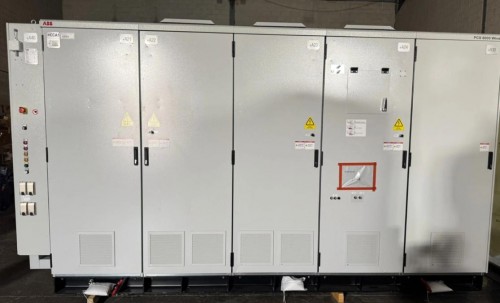
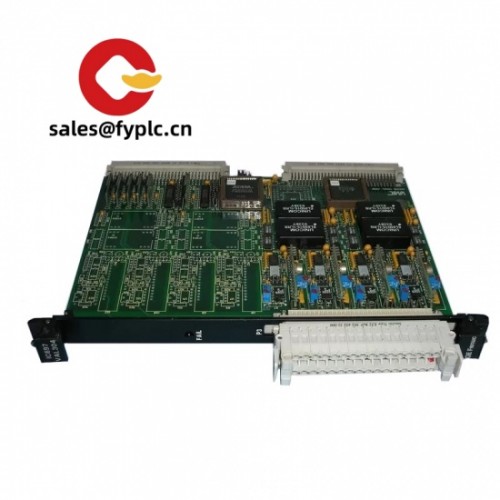
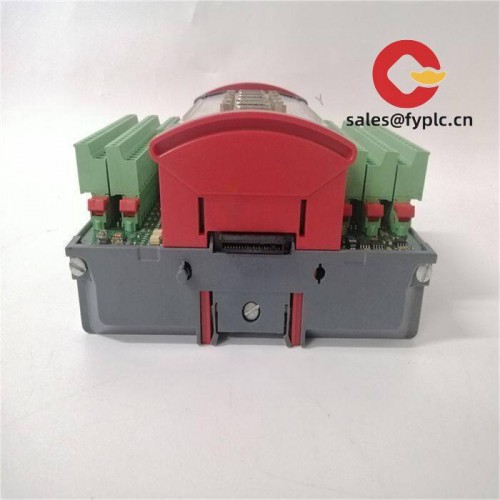
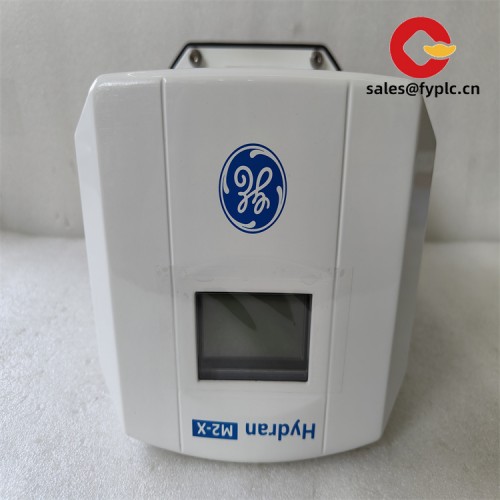
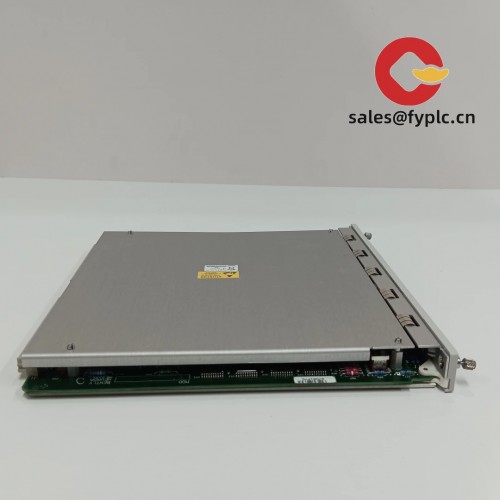


Reviews
There are no reviews yet.